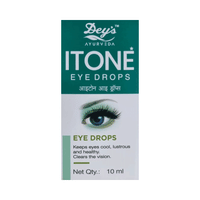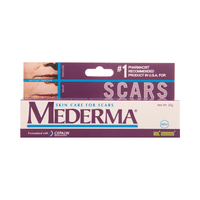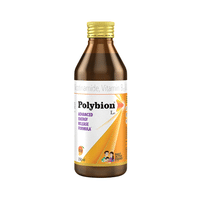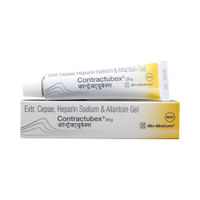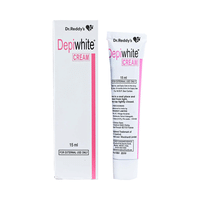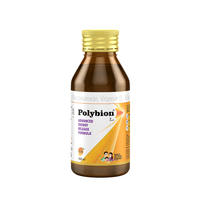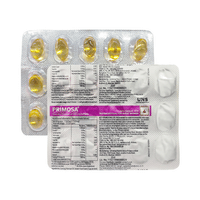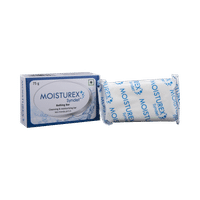Rs.194for 1 tube(s) (10 gm Cream each)
Available in other variants
food interaction for CLOnate-F
alcohol interaction for CLOnate-F
pregnancy interaction for CLOnate-F
lactation interaction for CLOnate-F
medicine interaction for CLOnate-F
food
alcohol
pregnancy
lactation
medicine
No interaction found/established
No interaction found/established
The safety of CLOnate-F Cream during pregnancy has not been established. There are no adequate and well-controlled studies in pregnant women, and animal data on reproductive toxicity are insufficient. Your doctor will weigh the benefits and any potential risks before prescribing.
CONSULT YOUR DOCTOR
Information regarding the use of CLOnate-F Cream during breastfeeding is not available. Please consult your doctor.
CONSULT YOUR DOCTOR
No interaction found/established
SALT INFORMATION FOR CLOnate-F
Clobetasol(0.05% w/w)
Uses
Clobetasol is used in the treatment of allergic skin conditions.
How it works
Clobetasol is a steroid. It works by blocking the production of certain chemical messengers that make the skin red, swollen and itchy.
Common side effects
Skin atrophy, Telangiectasia, Skin irritation, Dry skin, Stretch marks, Cushing syndrome, Suppression of adrenal gland function, Posterior subcapsular cataract, Increased intraocular pressure, Skin rash, Scaling, Induration (hardening of a normally soft tissue or organ), Lichenification, Exacerbation of psoriasis, Plaque elevation, Excoriation
Fusidic Acid(2% w/w)
Uses
Fusidic Acid is used in the treatment of bacterial skin infections and bacterial eye infections.
How it works
Fusidic Acid is an antibiotic. It works by preventing synthesis of essential proteins required by bacteria to carry out vital functions. Thus, it stops the bacteria from growing, and prevents the infection from spreading.
Common side effects
Rash, Itching, Irritation, Dermatitis, Erythema (skin redness), Hypersensitivity, Angioedema (swelling of deeper layers of skin), Urticaria, Blisters
SUBSTITUTES FOR CLOnate-F
34 Substitutes
34 Substitutes
Sorted By
 Rs. 257.80save 37% more per gm of Cream
Rs. 257.80save 37% more per gm of Cream Rs. 150save 27% more per gm of Cream
Rs. 150save 27% more per gm of Cream Rs. 161.25save 22% more per gm of Cream
Rs. 161.25save 22% more per gm of Cream Rs. 225save 27% more per gm of Cream
Rs. 225save 27% more per gm of Cream Rs. 196.80save 36% more per gm of Cream
Rs. 196.80save 36% more per gm of Cream
Expert advice FOR CLOnate-F
- Clobetasol is used to treat redness, swelling, itching, and discomfort of various skin conditions.
- It should be applied to the affected areas as a thin film, two times daily, or as advised by your doctor.
- Do not use it more often or for longer than advised by your doctor.
- Do not cover the area being treated with airtight dressings such as bandages unless directed by a doctor, as this may increase the risk of side effects.
- If you think the area of skin you are treating has become infected you should stop using Clobetasol and consult your doctor.
- Consult your doctor if your skin condition has not improved after four weeks of treatment. Do not use it for more than 4 consecutive weeks at a time.
Frequently asked questions FOR CLOnate-F
Clobetasol
Q. Can Clobetasol be used for a long time?
No, Clobetasol should not be used for a long time. It is generally prescribed for 2 consecutive weeks only. However, the treatment can be longer for chronic (long-term) inflammatory conditions. Consult your physician before using this medication.
Q. Does Clobetasol cause severe skin reactions?
Severe skin reactions are quite rare with Clobetasol. Clobetasol is an anti-inflammatory drug which is used to treat skin diseases, skin reactions and eczemas. However, skin reactions can occur in a person who is hypersensitive to Clobetasol. It is important to leave the affected area open after applying Clobetasol as using occlusive dressings (air- and water-tight dressing) can lead to skin reactions. The medicine may not itself cause a reaction but the added excipients with the medications can lead to a reaction in some cases. Inform your doctor immediately in case you encounter any skin reactions.
Q. Can Clobetasol be used on the face?
No, Clobetasol should not be used on face. Along with that, its use should be avoided in other areas like the axillae (armpits), groin and if there is atrophy (wasting away of tissues) at the treatment site. However, in certain circumstances, the doctor may prescribe Clobetasol only when considered necessary. It should be used only after consultation with your physician. and if possible, the application on face should be limited to a maximum of 5 days.
Fusidic Acid
Q. Is Fusidic Acid an antifungal or a steroid? What is it used for?
Fusidic Acid is neither an antifungal nor a steroid. It is an antibiotic that is effective against bacteria. It is used to treat bacterial infections of the skin like impetigo (a weeping, crusty and swollen patch of skin), infected cuts and grazes, and infected dermatitis (skin becomes red, slightly swollen, and painful due to infection).
Q. For how long is it required to use Fusidic Acid?
Use the Fusidic Acid for the time advised by your doctor. The treatment with Fusidic Acid usually stretches for 1-2 weeks although it can be longer in some cases.
Q. What precautions should I take while applying Fusidic Acid?
Fusidic Acid is meant to be applied only on the skin. Always wash your hands before applying the medicine. Unless you are using the cream to treat your hands, always wash your hands after using Fusidic Acid. Do not insert it into your body or swallow it. If it accidentally enters your eyes, wash your eyes thoroughly with water. If irritation persists, contact your doctor immediately.













